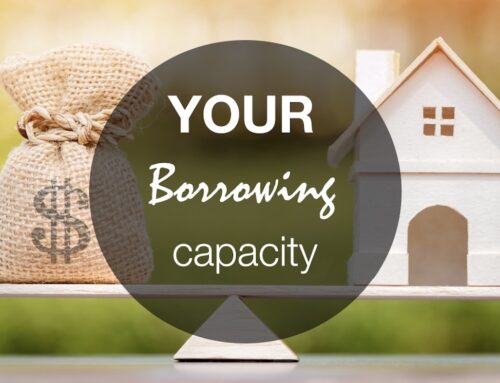There are a few reasons why a Lender may decline your home loan application. Understanding what these are is key to your success. Some of the common reasons why the bank may so no include:
- Not enough Deposit
At the very minimum, you will need to have saved 5% deposit. Most Lenders would generally like to see that you have saved enough to cover 10-20% deposit plus costs such as stamp duty, solicitors fees and bank fees.
The deposit refers to price of the security property being purchased and so the more the property is worth, the more deposit you will need to have saved.
In addition, the lender would also like to see that the deposit has come from genuine savings built up over time rather than a gift from family members.
- Not enough Income
The Responsible Lending Code requires Lenders to ensure that buyers have sufficient income to meet their everyday living expenses, while also meeting their loan repayments. They will do this by calculating the serviceability of the loan based on the clients current debt and income. The Lenders will like to see a surplus in the buyers income after the debts and living expenses are met.
There are ways that you will be able to improve your serviceability including paying off smaller debts such as car loans ad student debts, by reducing or cancelling any credit cards, or by increasing your income.
- Bad Credit History
Your credit rating is a record of your financial dealings over time including credit cards and personal loans. It will show any late or missed payments and amounts owing.
For those who do have a bad credit rating, there may still lending options as some non-banks will lend to those with a bad credit rating although the interest rate will generally be higher for the risk associated to the Lender in taking on the loan.
- Insufficient proof of income
If you are self-employed or have an irregular income as a contactor or casual worker, it may be difficult to prove your income to the Lender. There are ways around this such as providing documentation from your tax accountant or employer. Different lenders will assess these cases with their own approach and so it is worthwhile speaking with your experience finance broker who will be able to find a solution for you based on your income.
How to Avoid These Common Pitfalls
It is always best to speak with an experience finance broker when you are first considering applying for a home loan. The broker will be able to provide guidance on the amount of deposit required, ways to increase your loan servicing and also provide you with out of the box solutions for unique situations such as irregular income.
We are partnered with several different Lenders from the Major banks, to non-bank Lenders. Some Lenders specialize in certain areas and may have a niche area such as self-employed clients. With the guidance of a broker, you will have access to a much wider variety of financial options. If you do not meet all of the tick boxes for one Lender, then we will continue to shop around for you to find a Lender and product that better suits your situation.






Connect with Us